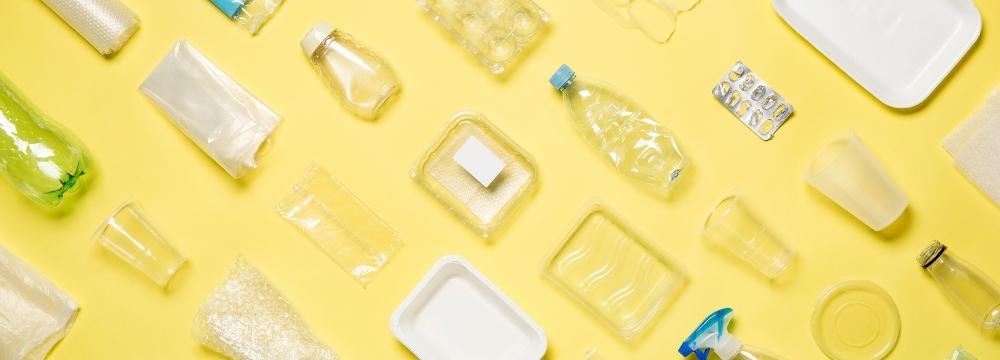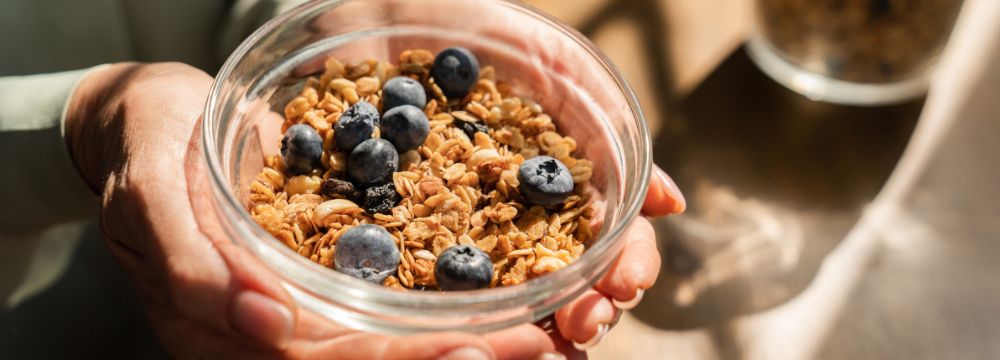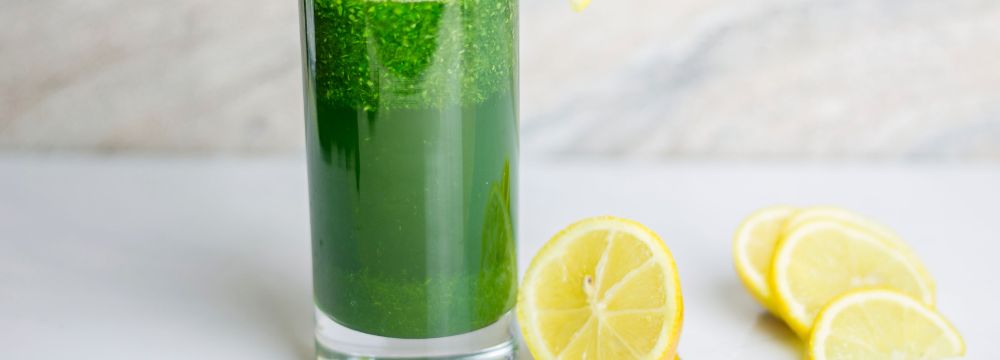
As we become more conscious of our environments and what we put into our bodies, the concept of forever chemicals has come into full view. Forever chemicals are just as they sound: they accumulate in our bodies throughout our lives and are not excreted or expelled through our normal bodily functions. These chemicals can range from relatively benign to carcinogenic and should not be in our bodies in the first place.
Before we learn how to avoid these chemicals, it’s worth noting that preventing exposure to some chemicals is either impractical or downright impossible. The packaging that even the healthiest foods come in is often laced with these chemicals, and even the most vigilant of us cannot avoid them entirely. However, this article aims to understand more about what chemicals are in our environments, where we find them daily, and practical tips on avoiding them.
Why Are Forever Chemicals So Harmful?
We risk damaging ourselves on a cellular level whenever we introduce chemicals into our bodies. Our cells are designed to repair themselves naturally, and even have a life expectancy to reduce the likelihood that any damage is permanent. This normal process of cellular turnover keeps us alive and healthy. However, when we experience a constant barrage of damage, or when the chemical or compound causing that damage doesn’t go away, we increase the risk that our cells and bodies cannot recover. Instead, we increase the risk of permanent damage in the form of hormonal or endocrine disruptions and potentially cancerous or pre-cancerous developments.
PFAS are some of the most common forever chemicals, and they are found in food packaging and water supplies around the US and elsewhere. Unfortunately, there are hundreds, if not thousands, of PFAS variant chemicals that we can’t even measure, so there’s plenty more we don’t know.
Avoiding Forever Chemicals
As mentioned above, it is challenging to avoid forever chemicals entirely. Some outdoor gear and waterproof items, specific food packaging, some personal care products, and even some COVID-19 masks contain forever chemicals. It feels like we’ve already lost this battle, but there are ways that we can try to turn it around.
First, if you have the budget, try shopping at natural food stores. Many of these stores carry brands dedicated to minimizing forever chemicals from entering the food and personal care realm. True, avoiding these chemicals makes packaging these foods more expensive, and especially in an inflationary world, that can be a tough pill to swallow. However, we must look out for ourselves for now and hope that advocates trying to change the system ultimately prevail.
Look for personal care products that have pledged to eliminate forever chemicals. You could even take it one step further and go all natural! You have options. Synthetic cosmetic and personal care products are typically not overseen by regulatory bodies and often do not have clinical data to back up their effectiveness or safety. While we don’t usually see major acute problems from Sunscreen, for example, there’s nothing to say that certain ingredients (most of which we can’t even pronounce) can’t cause significant endocrine disruption. That ultimately manifests quietly in the longer term and not immediately after using it. Once again, these products are often more expensive than the cheaper commercial versions. However, there are more reasonably priced natural options for most skin care needs.
Ultimately, it is essential from a health and even weight perspective to introduce as few chemicals into our bodies as possible. As you well know, the ability to maintain a healthy weight is often influenced by our hormones, and any endocrine disruption can cause weight gain or difficulty in losing weight.
Remember that while we are living longer than ever, many of us are not living healthier than our parents or grandparents, which needs to change. With proper education and some extra effort, we can get a hold of the obesity epidemic in this country and bring ourselves back to a healthier baseline.









